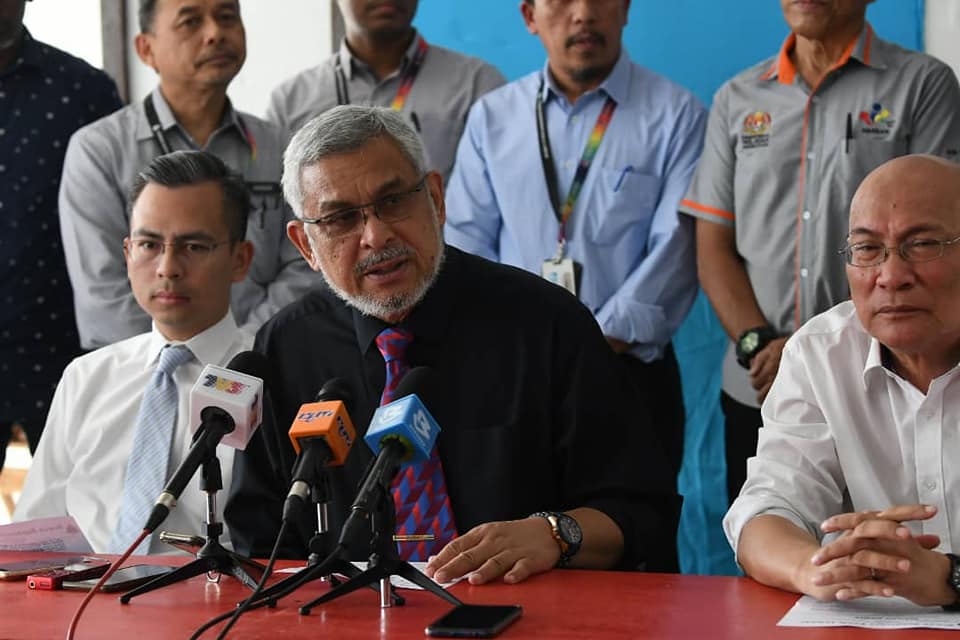KUALA LUMPUR, Jan 3 — Khalid Samad again defended the Cabinet’s initial approval in abolishing the critical allowance for public health workers and other government professionals before postponing the decision.
The Federal Territories minister said the Cabinet paper on ending the Critical Service Incentive Payment (BIPK) for new government doctors, nurses, pharmacists, dentists, and medical assistants, among other professionals from other sectors, was paper number 35.
“How could we read it when we were debating 34 other papers?” Khalid tweeted in response to Umno Youth leader Asyraf Wajdi Dusuki, who told Khalid to resign if he didn’t have time to read Cabinet papers.
“We were told that it was a usual administration issue. Allowances that are no longer relevant. On good faith, approved.”
Khalid previously admitted that prior to approval, he and his Cabinet colleagues did not thoroughly examine a paper on scrapping the BIPK for professionals across 33 Critical Service schemes in the public sector who are appointed from January 1 this year.
The Amanah communications director reiterated today, however, that no Cabinet papers should have been distributed on the day of the Cabinet meeting, as they were meant to have been distributed two weeks before tabling to the Cabinet.
“Then we can study the implications from all angles. We improve the system and practices. Not low-class politicking. There is time for improvement.”
Amid uproar from medical associations, Youth and Sports Minister Syed Saddiq Abdul Rahman recently announced that Prime Minister Dr Mahathir Mohamad has decided to delay abolishing the critical allowance, pending a Cabinet meeting this month to discuss it again.
The BIPK critical allowance is RM750 monthly for doctors, pharmacists and dentists, and up to 15 per cent of the monthly basic salary for nurses. For other professionals in the civil service, including medical assistants, engineers, architects, and air traffic controllers, it’s between 5 and 10 per cent of their monthly basic salary.








